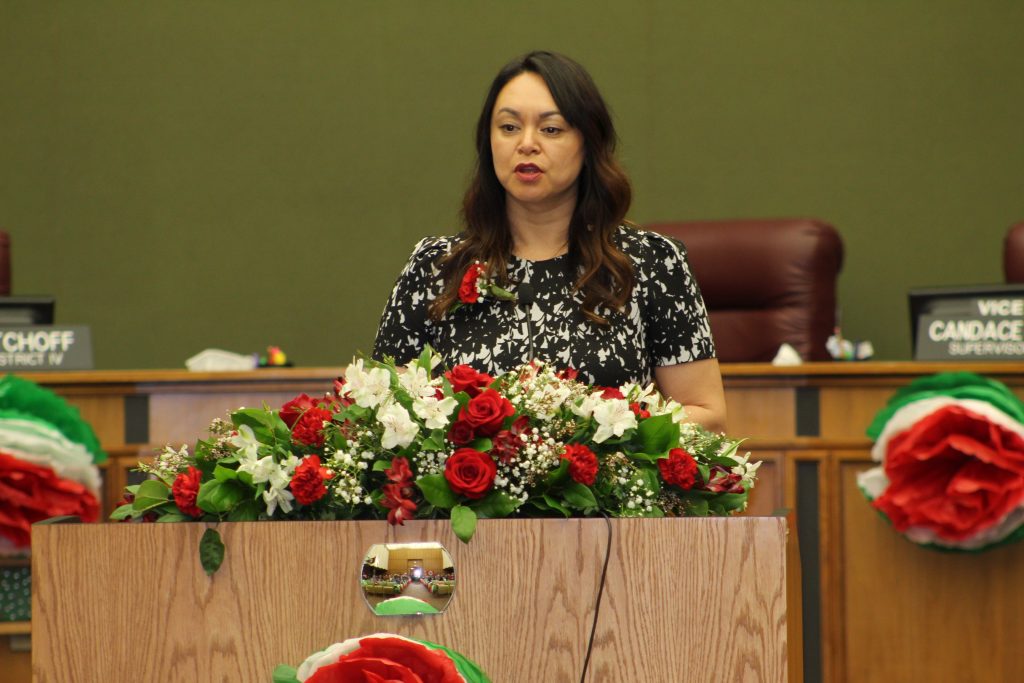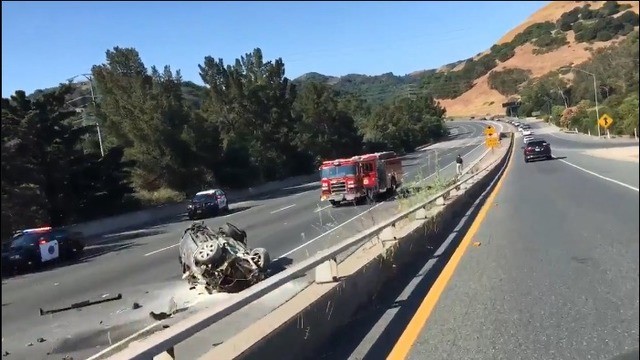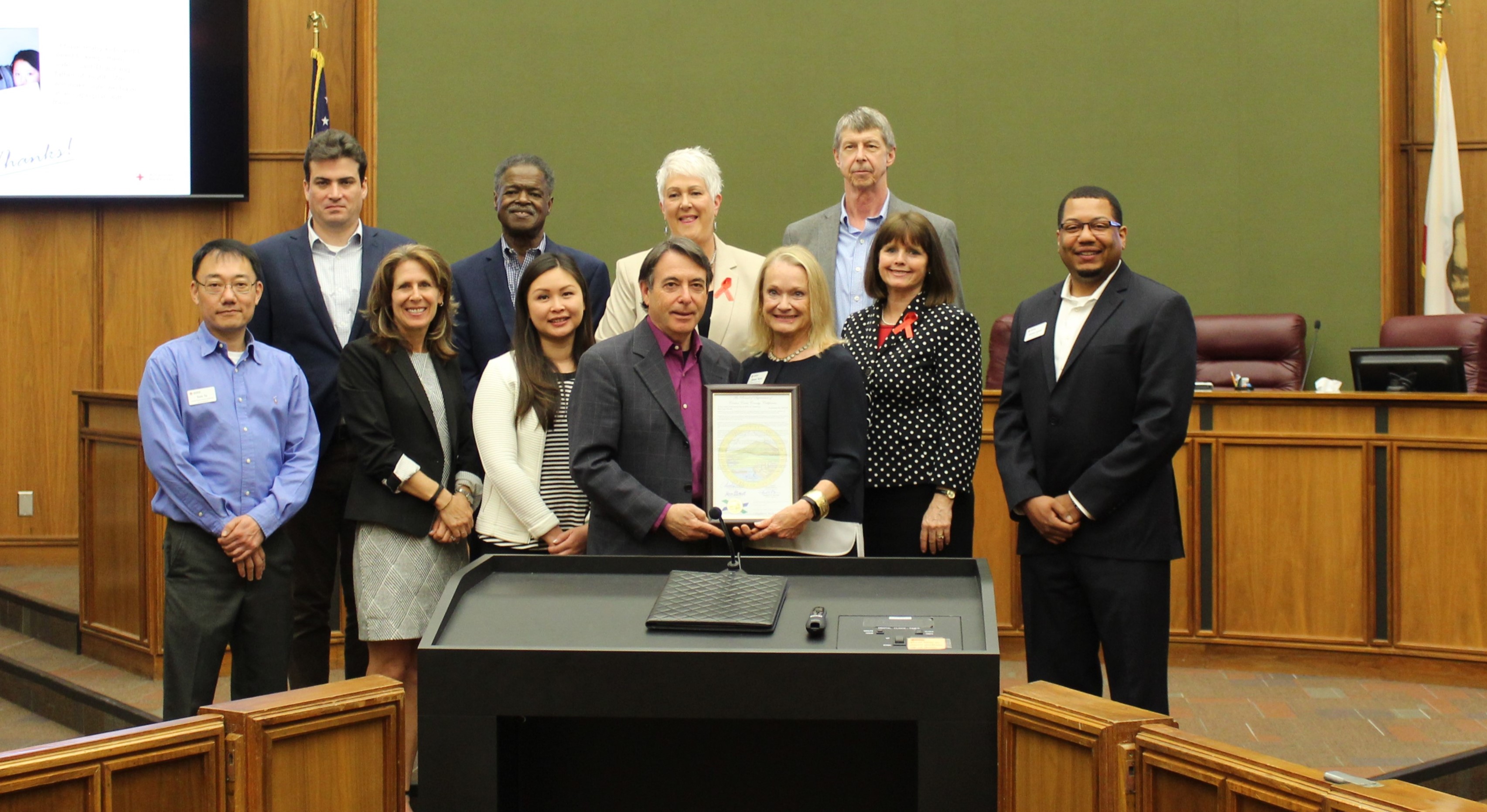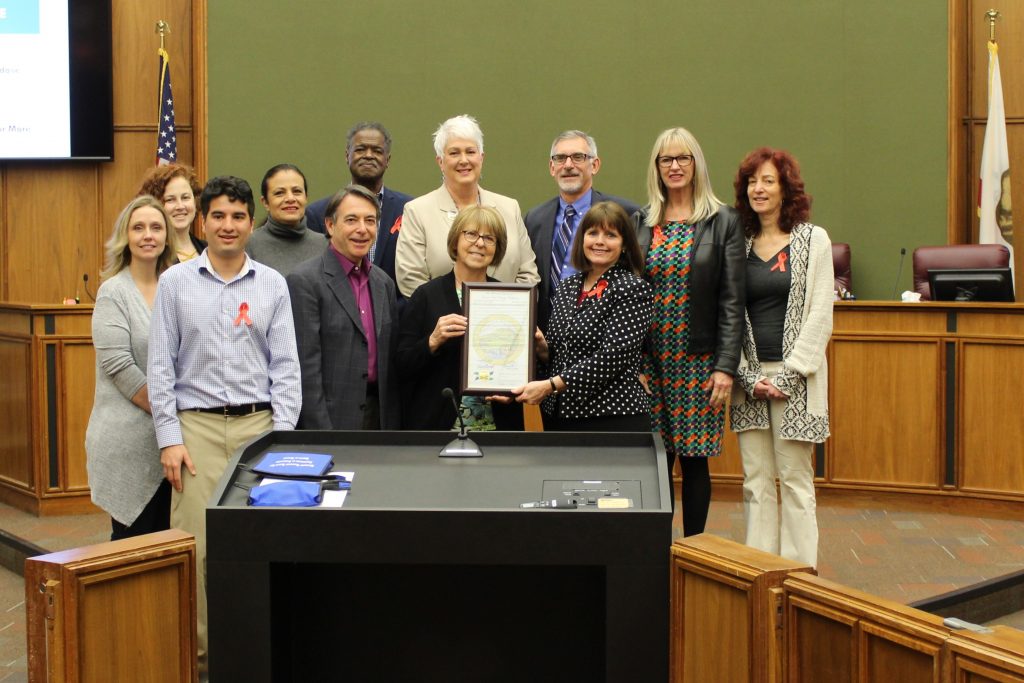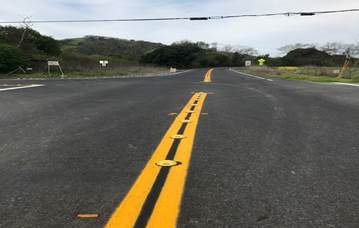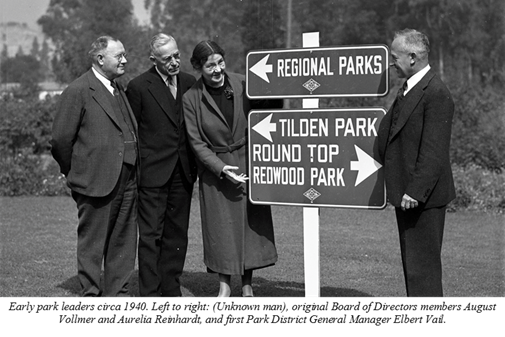
 By Dave Mason, Public Information Supervisor, East Bay Regional Park District
By Dave Mason, Public Information Supervisor, East Bay Regional Park District
To celebrate the East Bay Regional Park District’s 85th Anniversary, the Park District has planned a number of special events and programs, including FREE Park Fridays, FREE Concerts in the Parks, and a FREE multicultural festival. The East Bay Regional Park District is the largest park district in the nation with 25 million visits annually and over 122,000 acres preserved for habitat and outdoor recreation.
For 85 years, the East Bay Regional Park District has preserved and protected open space in Alameda and Contra Costa counties, and provided public access to regional parks, shorelines, and trails for hiking, biking, swimming, horseback riding, boating, fishing, picnicking, camping, and nature discovery.
Today the East Bay Regional Park District is the largest of its kind in the nation with 73 regional parks over 122,000 plus acres, and over 25 million annual visits per year – more than the A’s, Giants, Warriors, 49ers, and Raiders combined.
Free Park Fridays:
Park entry and other fees will be waived every Friday in 2019 from April to December to celebrate the Park District’s 85th Anniversary. Park entrance and fees for day use parking, swimming, dogs, horse trailers, boat launching, and fishing permits will all be waived. Fee waiver does not apply to special event permits/reservations, camping and associated fees, or state fees such as fishing licenses and watercraft inspections. Fee waiver also does not apply to District concessions. Park entrance is subject to available occupancy.
Free Events/Concerts in the Parks:
Family-friendly music events with food and beverages available for purchase. Bands and performers to be announced later.
- Lake Chabot Concerts in the Park – Saturday, June 22 (Castro Valley)
- Crown Beach Concerts at the Cove – Friday, July 12 (Alameda)
- Crown Beach Concerts at the Cove – Alameda, Friday, August 9 (Alameda)
- Contra Loma Concert in the Park – Friday, August 23 (Antioch)
- Crown Beach Concerts at the Cove – Friday, September 13 (Alameda)
- John Sutter Gateway Bridgeyard Festival – Saturday, September 28 (Oakland)
The East Bay Regional Park District is a system of beautiful public parks and trails in Alameda and Contra Costa counties east of San Francisco Bay, established in 1934. The system comprises 121,000 acres in 73 parks including over1,250 miles of trails for hiking, biking, horseback riding and nature learning.


